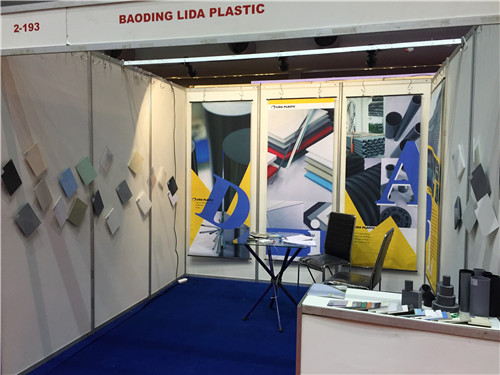Նյմ . 06, 2024 05:28 Back to list
HDPE Pipe Solutions for Efficient Drip Irrigation Systems in Agriculture and Gardening
HDPE Pipe for Drip Irrigation A Comprehensive Overview
Drip irrigation is one of the most efficient methods of watering crops, and the choice of materials for the system plays a crucial role in its effectiveness and longevity. High-Density Polyethylene (HDPE) pipes have emerged as a popular option in drip irrigation systems due to their strong performance characteristics, durability, and environmental benefits.
What is HDPE?
High-Density Polyethylene is a thermoplastic polymer known for its high strength-to-density ratio. It is produced from the polymerization of ethylene, a simple hydrocarbon, and is commonly used in various applications, including containers, industrial piping, and of course, irrigation systems. The versatility of HDPE makes it a suitable choice for delivering water efficiently in agricultural settings.
Advantages of Using HDPE Pipes in Drip Irrigation
1. Durability HDPE pipes are highly resistant to weathering, corrosion, and chemical exposure. This resistance ensures that they can withstand harsh environmental conditions, making them ideal for agricultural use. The longevity of HDPE pipes can significantly reduce the need for replacements, leading to lower overall costs for farmers.
2. Flexibility Unlike traditional materials such as PVC, HDPE pipes are flexible and can be bent without breaking. This feature makes installation easier, as farmers can navigate around obstacles and contour the piping to fit their specific landscape needs.
hdpe pipe for drip irrigation

3. Ease of Installation HDPE pipes are lightweight, which simplifies transportation and handling during installation. The joints can be fused together using heat or electrofusion methods, creating seamless connections that reduce the risk of leaks and provide greater reliability.
4. Efficiency in Water Delivery Drip irrigation is designed to minimize water wastage, and HDPE pipes enhance this efficiency. Their smooth inner surface reduces friction loss, allowing water to flow freely and reach plants directly at their roots. This targeted delivery system not only conserves water but also promotes healthier plant growth.
5. Resistance to Biofouling The smooth surface of HDPE pipes helps prevent the buildup of algae and other microorganisms, which can clog traditional irrigation pipes. This property significantly reduces maintenance efforts and enhances the overall efficiency of the irrigation system.
Environmental Benefits
As water scarcity becomes an increasingly pressing global issue, the efficiency of drip irrigation systems using HDPE pipes contributes positively to sustainable agricultural practices. By utilizing water more efficiently, farmers can reduce their consumption without compromising crop yield. Moreover, HDPE is recyclable, which aligns with growing environmental initiatives aimed at reducing plastic waste.
Conclusion
In conclusion, HDPE pipes represent an excellent choice for drip irrigation systems due to their many benefits, including durability, flexibility, ease of installation, and water efficiency. As agriculture continues to adapt to the demanding challenges of climate change and resource scarcity, HDPE pipes stand out as a reliable and sustainable solution for modern irrigation practices. Choosing HDPE for drip irrigation is not just an investment in effective water management; it is also a commitment to sustainability and the responsible use of our planet's resources. As the global agricultural sector moves towards more efficient and environmentally friendly practices, HDPE pipes will undoubtedly play a vital role in shaping the future of irrigation.
-
Durable PP Rigid Sheet: Lightweight, Chemical Resistant Solutions
NewsAug.21,2025
-
PVC Grey Sheet for Extraction: Chemical Resistant & Durable
NewsAug.19,2025
-
Durable PVC Pipe Fittings for Plumbing & Irrigation Needs
NewsAug.18,2025
-
HDPE Steel Belt Reinforced Spiral Corrugated Pipe | High Strength
NewsAug.17,2025
-
HDPE Pipe Fittings: Durable, Leak-Proof Solutions
NewsAug.16,2025
-
Premium CPVC Sheet: High-Temp & Chemical Resistant Solutions
NewsAug.15,2025

